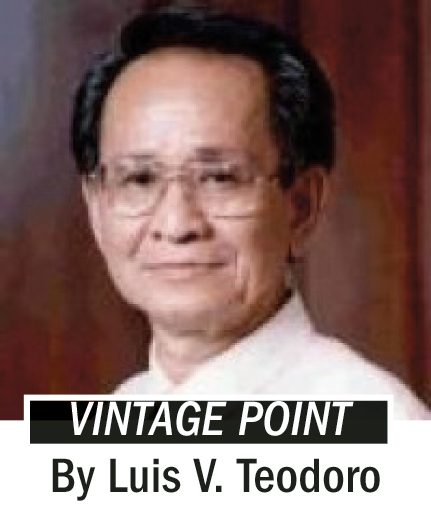Legacy of violence
Legacy of violence
 As flawed as they have been, every Philippine administration has nevertheless managed to leave behind some sort of legacy. The six-year Presidential term mandated by the Constitution was thought to be long enough for the head of State and his officials to achieve and leave something behind them, despite bureaucratic inefficiency, political accommodation and compromise, and the corruption that has taken deep roots in such agencies as public works, customs, and even education. There is also every President’s limitations in terms of dedication to the tasks at hand and the capacity to transcend his or her personal, familial, and class interests.
As flawed as they have been, every Philippine administration has nevertheless managed to leave behind some sort of legacy. The six-year Presidential term mandated by the Constitution was thought to be long enough for the head of State and his officials to achieve and leave something behind them, despite bureaucratic inefficiency, political accommodation and compromise, and the corruption that has taken deep roots in such agencies as public works, customs, and even education. There is also every President’s limitations in terms of dedication to the tasks at hand and the capacity to transcend his or her personal, familial, and class interests.
Thus did Ferdinand Marcos manage to achieve something despite his lust for power and pelf, the human rights violations of his regime, and its world-class corruption that bloated the national debt to over $30 billion without benefiting anyone but himself. Even worse is the long-term harm he inflicted on this country’s governance when he transformed the military into power brokers whose support has been crucial to every regime that followed his.
But Marcos did build roads and bridges. He constructed hospitals, reestablished diplomatic relations with China, opened a “window to the East” with the USSR, and strengthened the country’s links with the oil-rich countries of the Middle East.
Comments (0)